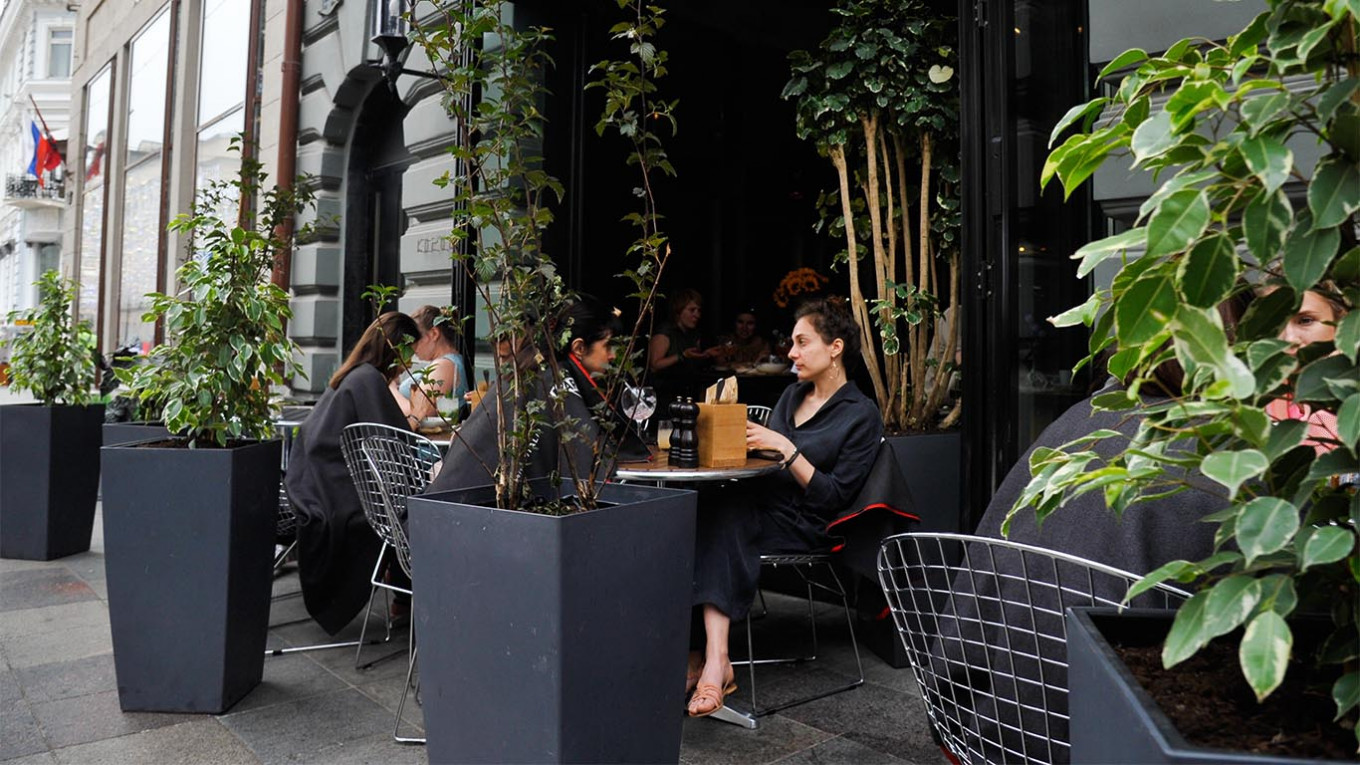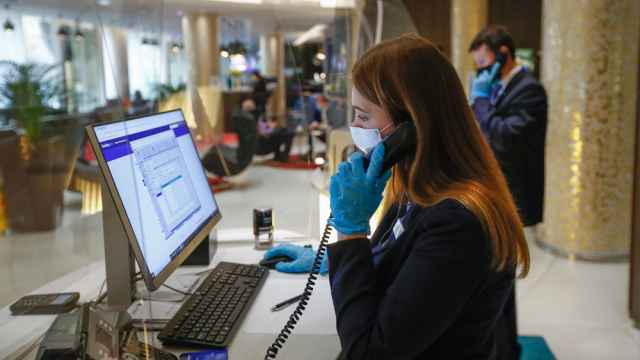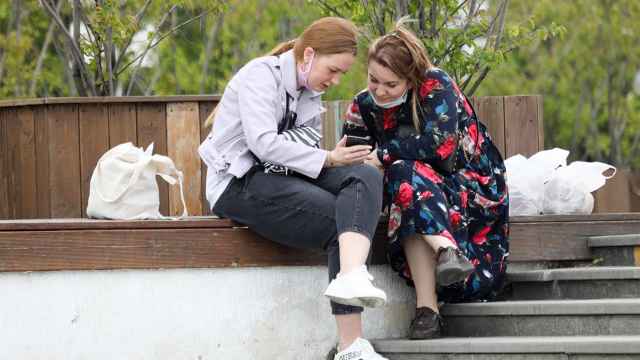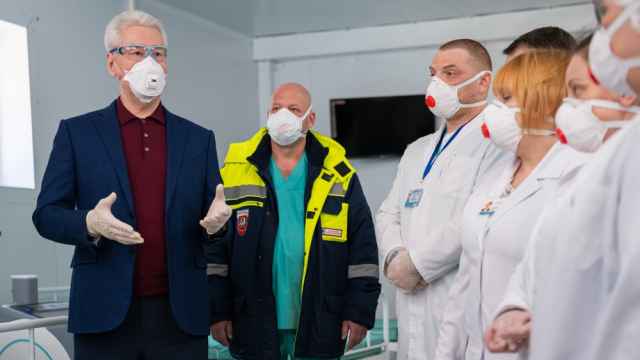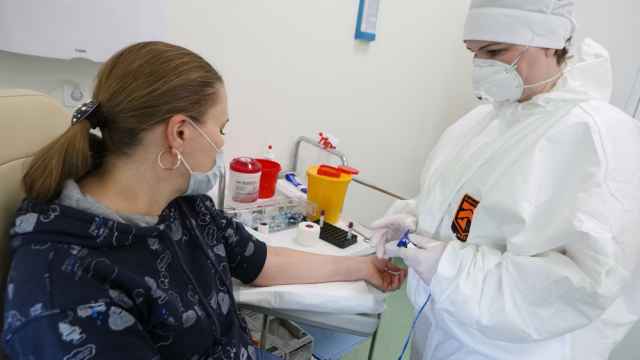Moscow officials announced plans to lift coronavirus restrictions starting Tuesday despite the Russian capital continuing to see about 2,000 new infections each day.
The city of 12.7 million, which has been under lockdown since late March, is the epicenter of Russia’s coronavirus outbreak with more than 197,000 cases. Its new case numbers have gradually fallen from a peak of more than 6,000 per day in early May and are currently around 2,000 per day.
Moscow had already taken some steps to reopen the city and revive the economy, including restarting the construction industry and factories from May 12 and reopening non-food shops on June 1.
The city's move comes as Prime Minister Mikhail Mishustin announced the first steps to allow Russia's citizens to travel beyond its borders after they closed to prevent the spread of the coronavirus.
Below is a brief overview of the restrictions and closures that authorities plan to lift for Muscovites of all ages starting Tuesday, according to Mayor Sergei Sobyanin:
June 9:
— Self-isolation rules, QR code permits for private and public transport, scheduled walks will be canceled.
— Hairdressers, employment agencies, vet clinics and photo studios
— Carsharing services
— Cemeteries
— Film and recording studios, rehearsals for theaters, circuses and concert halls
June 16:
— Rental services
— Outdoor terrace dining
— Museums, exhibition halls, libraries and zoos
— Real estate, ad and consulting agencies
— Dentists
June 23:
— Indoor dining
— Gyms, swimming pools, public sports and recreation facilities, including street benches
— Social welfare offices, state and private kindergartens
— River cruises
Which restrictions are staying in place?
— Residents are still required to wear masks and gloves outdoors and in public buildings.
— They are also still advised to maintain a 1.5-meter distance from others at all times.
— “Each of us, like before, must abide by the regime of personal safety and respect for those around us. And open enterprises must strictly comply with sanitary requirements,” Sobyanin said.
AFP contributed reporting to this article.
A Message from The Moscow Times:
Dear readers,
We are facing unprecedented challenges. Russia's Prosecutor General's Office has designated The Moscow Times as an "undesirable" organization, criminalizing our work and putting our staff at risk of prosecution. This follows our earlier unjust labeling as a "foreign agent."
These actions are direct attempts to silence independent journalism in Russia. The authorities claim our work "discredits the decisions of the Russian leadership." We see things differently: we strive to provide accurate, unbiased reporting on Russia.
We, the journalists of The Moscow Times, refuse to be silenced. But to continue our work, we need your help.
Your support, no matter how small, makes a world of difference. If you can, please support us monthly starting from just $2. It's quick to set up, and every contribution makes a significant impact.
By supporting The Moscow Times, you're defending open, independent journalism in the face of repression. Thank you for standing with us.
Remind me later.


